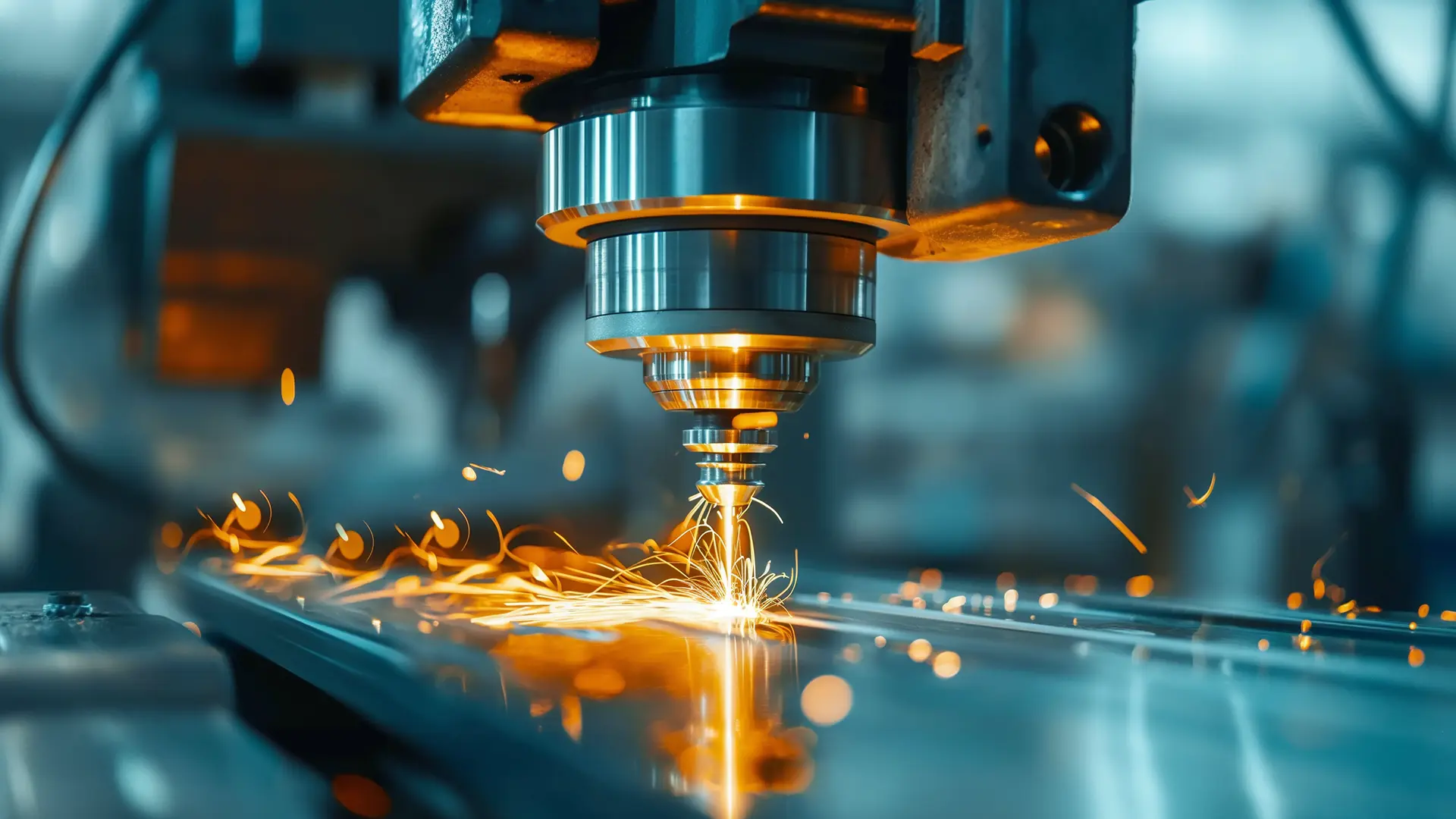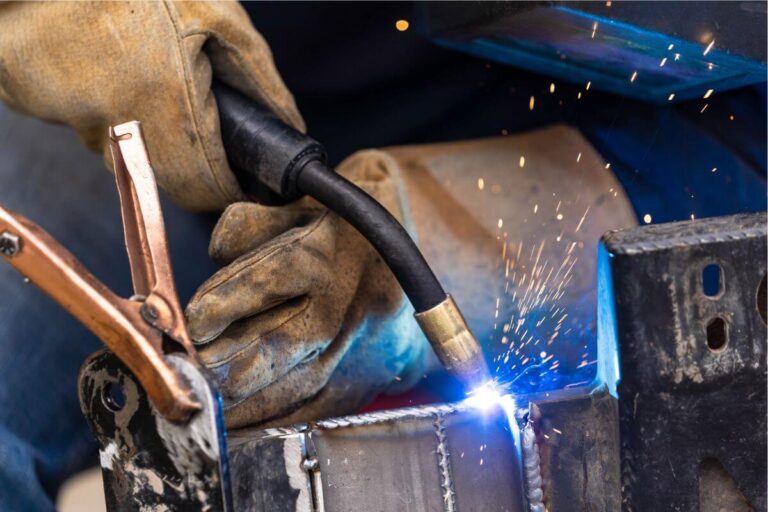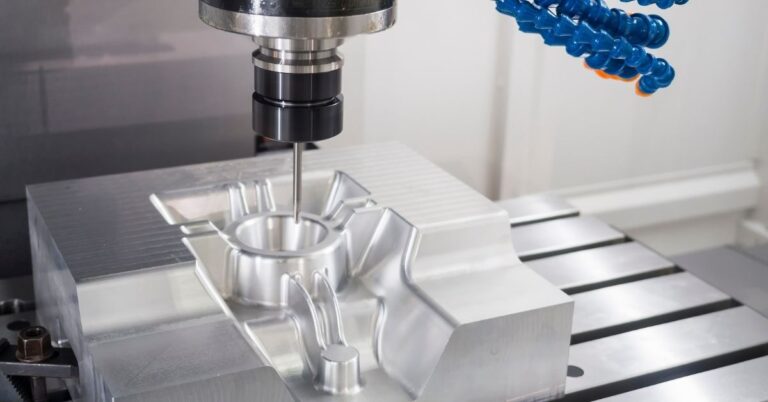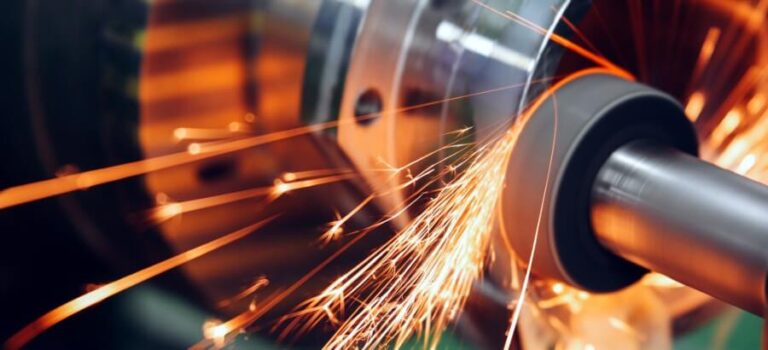When considering CNC machining for your project in Mississippi, understanding the cost structure is essential. It is a highly precise manufacturing process that uses computer-controlled machines to cut and shape materials like metal, plastic, and wood. While it offers accuracy and speed, the price can vary based on several factors. In this article, we’ll break down the cost factors, offer insights into pricing, and provide tips for managing costs effectively.
Factors Influencing CNC Machining Prices
It involves numerous components, all of which contribute to the overall cost. Here’s a breakdown of the most significant factors:
-
Material Type
One of the biggest influencers of CNC machining costs is the material you choose. Materials such as aluminum, steel, titanium, and plastics vary significantly in price. For instance, aluminum is usually less expensive and easier to machine, while titanium and certain alloys may come at a premium due to their strength and durability.
-
Complexity of the Part
The complexity of the design also plays a major role in pricing. Simple parts that require minimal machining will be less expensive, while intricate designs that need more time and precision to manufacture can increase the cost. The more intricate your design, the higher the cost of machining due to the added time and effort involved.
-
Volume of Production
Another important factor in pricing is the quantity of parts you need. Typically, the more units you order, the lower the cost per part. This is because setup costs are spread across a larger number of parts. However, small batch production may have higher costs per piece due to the need for frequent tool changes and machine setup time.
-
Machine Time and Labor
CNC machines operate at a specific rate, depending on the complexity of the job. Machines work for hours or even days to produce a single part. As a result, labor costs are another significant part of the overall price. Skilled operators, engineers, and technicians all need to be compensated, which can add to the overall cost of CNC machining.
-
Post-Processing Requirements
Many CNC-machined parts require post-processing steps such as polishing, coating, or assembling. These additional steps can increase the cost, as they require additional labor, equipment, and materials. Depending on your project, post-processing may be necessary to meet specific performance or aesthetic standards.
-
Tolerance and Precision
Parts that require tight tolerances and high precision require more advanced machining techniques. These processes take longer and are typically more expensive due to the increased attention to detail. Parts with looser tolerances are easier and faster to machine, reducing the cost.
How to Estimate CNC Machining Costs in Mississippi
When trying to estimate the cost of CNC machining in Mississippi, it’s important to consider both direct and indirect costs. The direct costs include the raw materials, machine time, and labor, while indirect costs may include transportation, overhead, and tooling costs.
Getting a Quote:
The best way to get a clear idea of pricing is to request a quote from a CNC machining company. Provide them with a detailed drawing of your part, specify the material, volume, and required finishes, and they will give you an estimate.
How Can You Save on CNC Machining Costs?
While it offers many benefits, it’s crucial to manage costs effectively. Here are some tips to help you reduce expenses without sacrificing quality:
-
Optimize Your Design
Simplifying your design can have a significant impact on the cost. If possible, reduce the number of features, tight tolerances, or complex geometries. By doing so, you can reduce the machining time, which in turn lowers the overall price.
-
Choose the Right Material
Material selection can make a big difference in CNC machining costs. Consider using materials that are easier to machine and widely available. If you are working with a limited budget, choose cost-effective materials without compromising the functionality or strength of your parts.
-
Increase Production Volume
If you plan to manufacture a large number of parts, the cost per unit will generally decrease. This is because the fixed costs of setup and tooling can be spread over more units. Larger production runs can help you take advantage of economies of scale and lower your overall costs.
-
Plan for Efficient Machining
Ensure that your project is planned efficiently. Proper machine setup and reduced cycle time can cut costs significantly. Discuss your timeline with your machinist and optimize for faster production where possible.
-
Choose a Reliable CNC Machining Service
Choosing an experienced CNC machining service can help you avoid costly mistakes or delays. Look for companies with a proven track record of delivering quality work on time.
Final Thoughts
CNC machining is a versatile and efficient manufacturing process, but it’s essential to understand the factors that influence the cost. Whether you’re creating prototypes or mass production runs, careful planning and design optimization can help manage expenses.
If you’re looking for affordable and high-quality CNC machining Mississippi, get in touch with a trusted provider today and start your next project on the right foot.

